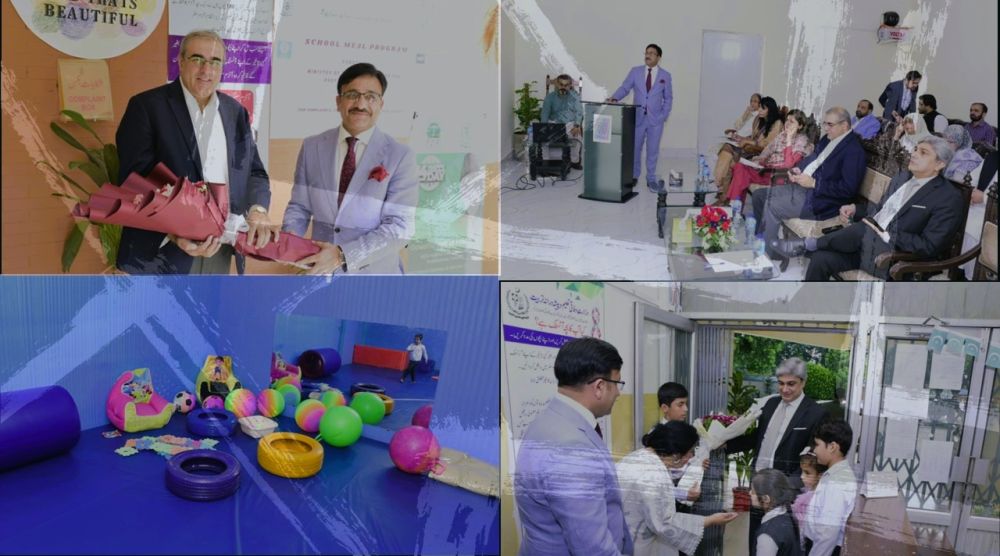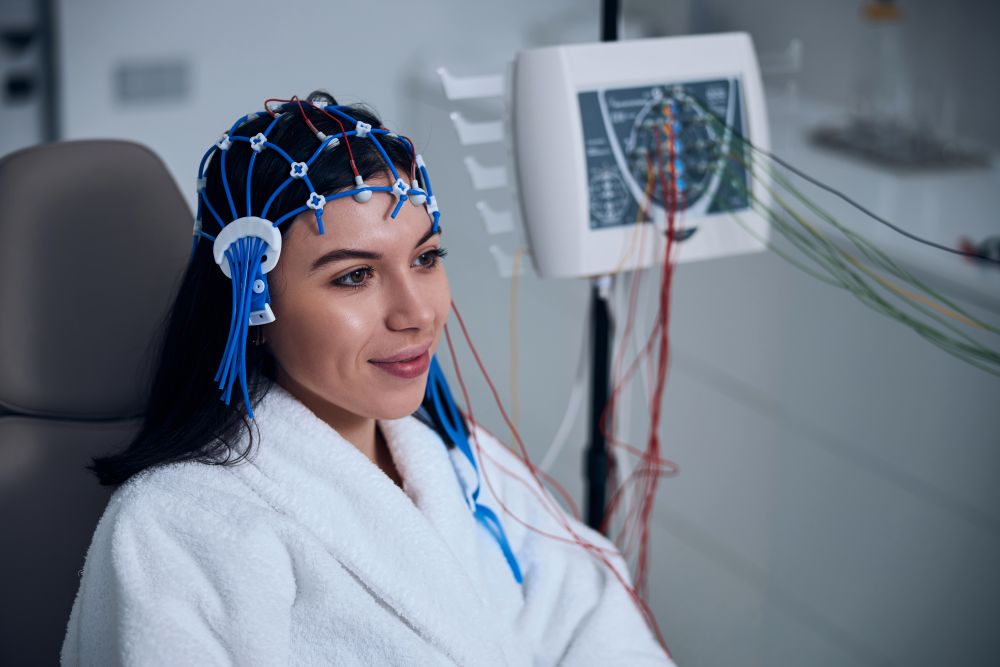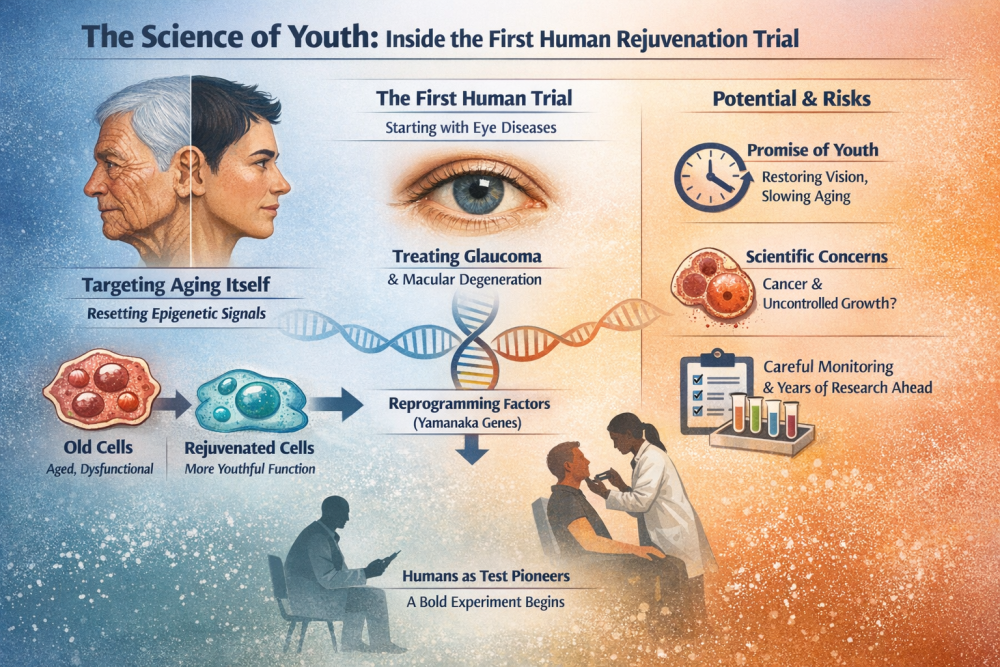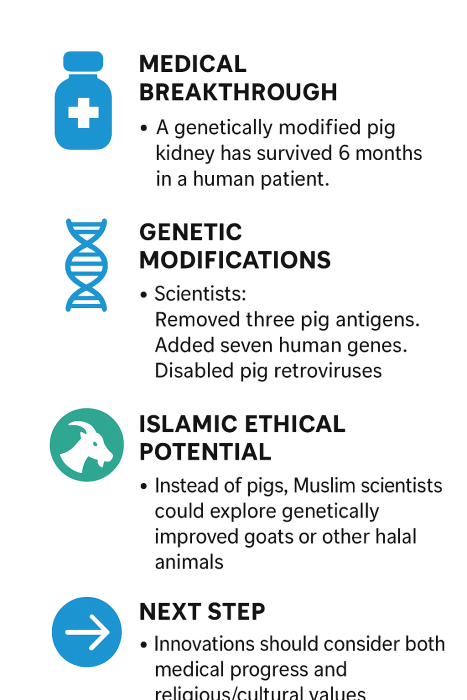Building Inclusive Futures: Pakistan’s MoFEPT Elevates Autism Support with Global-Standard Facilities
Posted 4 months ago
Executive Summary
Autism affects about one in every 100 children around the world. Pakistan’s Ministry of Federal Education and Professional Training (MoFEPT) has upgraded the Special Children Institute in Islamabad to give these children better support. Four new sensory and therapy rooms have been opened to help children with Autism and other special needs learn, communicate, and grow in a safe environment. The project, supported by senior government officials, follows international best practices and shows Pakistan’s commitment to building a more inclusive education system. By joining hands with the vision promoted by global organizations like Autism Speaks, UNICEF, and the Autism Society, this step brings the country closer to a future where every child gets the chance to reach their full potential.
Autism spectrum disorder (ASD), a neurodevelopmental condition that affects communication, behavior, and sensory processing, is increasingly recognized as a global public health priority. The World Health Organization (WHO) estimates that one in every 100 children worldwide is affected, underscoring the urgency of early intervention and inclusive education. Global organizations such as Autism Speaks, the Autism Society, and UNICEF have long championed awareness, advocacy, and best practices in autism support.
In Pakistan, this vision is gaining global recognition through the Ministry of Federal Education and Professional Training (MoFEPT), which has taken a decisive step in reshaping the country’s approach to inclusive education. By integrating international best practices with local needs, MoFEPT has established world-class facilities to support children on the spectrum.
This week, a milestone was marked at the Special Children Institute (Rehabilitation Centre for Children with Developmental Disorders – RCCDD) in Islamabad, where MoFEPT, in collaboration with allied federal departments, inaugurated four state-of-the-art sensory and therapy rooms. These facilities are designed to help children with Autism and other special needs regulate sensory input, develop communication skills, and improve motor and cognitive abilities. They are tools that can transform their academic and social journeys.
The inauguration ceremony brought together three key federal figures: Federal Secretary MoFEPT, Mr. Nadeem Mahbub; Secretary Planning, Mr. Awais Manzur Sumrah; and Special Secretary Finance, Ms. Nasheeta Mariam Mohsin. Together, they reaffirmed the government’s unwavering commitment to building a more inclusive educational landscape that meets the needs of every learner and ensures that no child is left behind.
“These sensory rooms are more than infrastructure; they are an investment in the dignity, potential, and future of children with autism,” said one official during the launch. “By aligning with global best practices, Pakistan is bridging a critical gap in special education services”.
The revamped Special Children Institute now features dedicated therapy spaces equipped with modern tools for occupational therapy, speech and language development, and behavioral interventions. Modeled on evidence-based strategies adopted by leading autism centers worldwide, the institute’s facilities are designed for treatment and integration—enabling children to participate meaningfully in school and community life.
By embedding inclusive education within federal planning and financing structures, MoFEPT sets a precedent for scaling such interventions nationwide.
The move also echoes global calls for governments to invest in neurodiverse populations, ensuring no child is left behind. With autism awareness and facilities expanding, Pakistan is beginning to chart a path that harmonizes with the world’s leading models while responding to local realities.
As sensory rooms open their doors in Islamabad, they symbolize progress and possibility. In this future, every child, regardless of ability, has access to education that nurtures their fullest potential.





